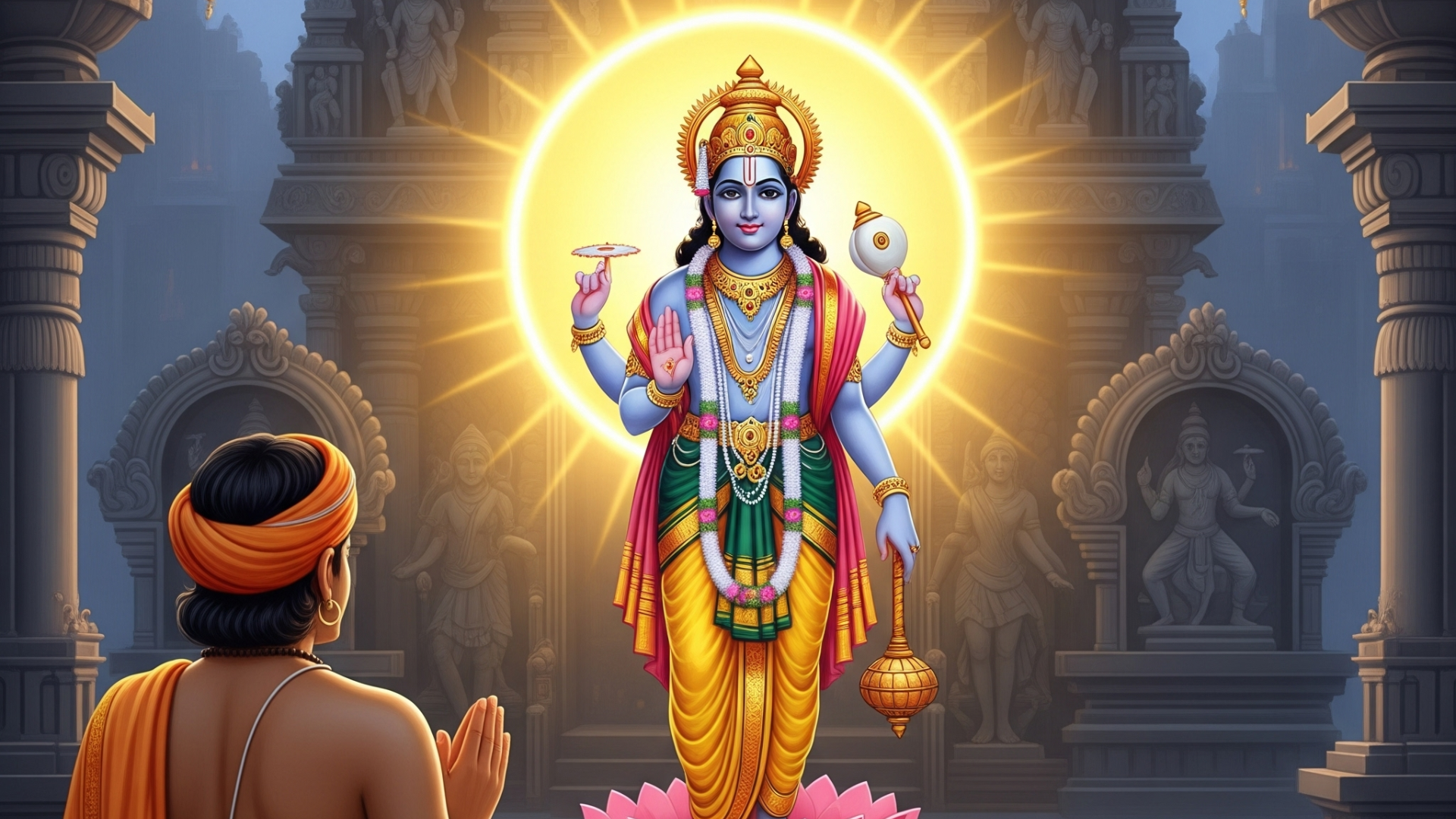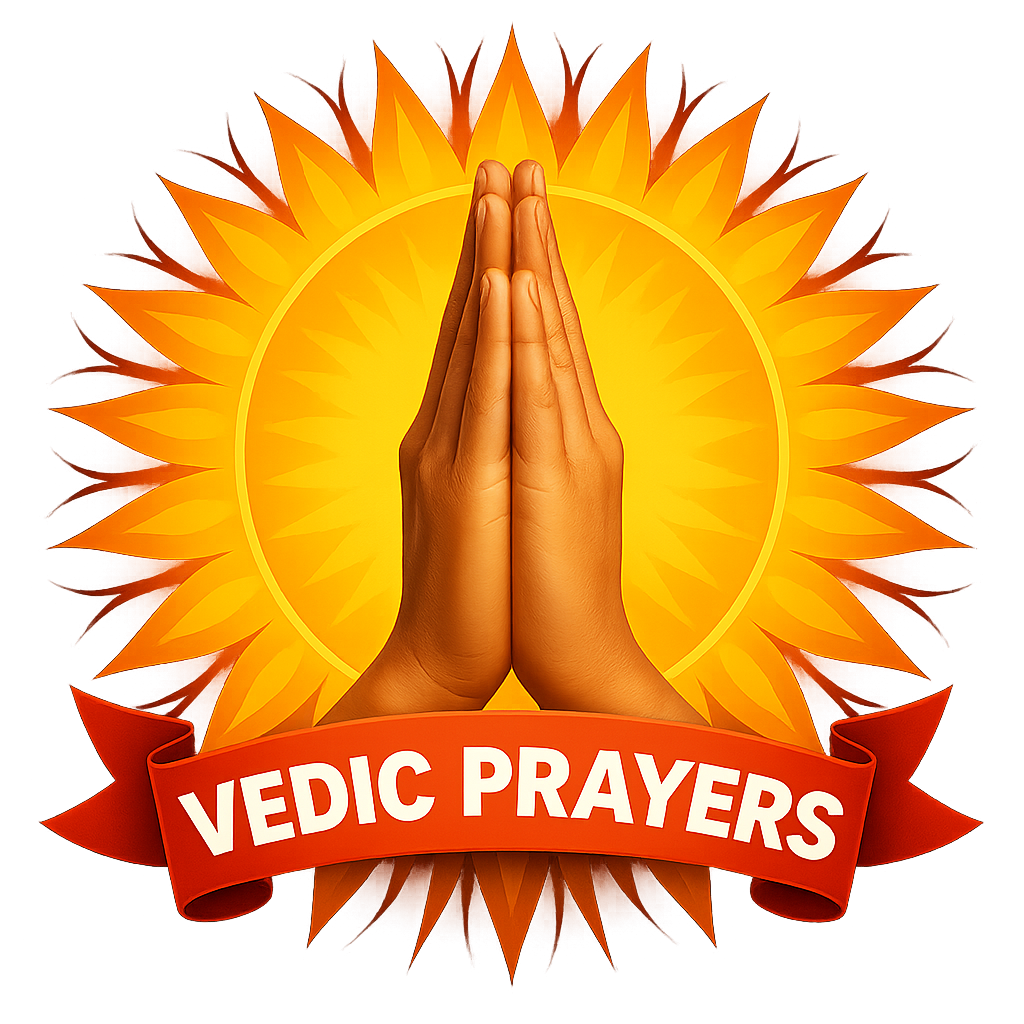
In Hinduism, the observance of Ekadashi holds great spiritual significance. Occurring twice a month, each Ekadashi tithi (eleventh day of the lunar fortnight) is not only considered religiously sacred but also symbolizes self-purification, discipline, and devotion to the divine. Among these is Achala Ekadashi, also known as Vaishnava Ekadashi or Jyeshtha Krishna Ekadashi, which is especially dedicated to Lord Vishnu and is observed for attaining salvation, absolution from sins, and spiritual merit.
What is Achala Ekadashi?
Achala Ekadashi falls on the eleventh day (Ekadashi) of the Krishna Paksha (waning phase of the moon) in the Hindu month of Jyeshtha. The word “Achala” means immovable or steady. This signifies that the spiritual merit (punya) gained from observing this vrat (fast) is immovable or eternal — once acquired, the merit remains throughout one’s life and even helps the soul after death in attaining higher realms.
Observing this fast is believed to absolve all sins and bring the blessings of Lord Vishnu. It is highly beneficial and auspicious for all, especially householders and devotees.
Religious Importance of Achala Ekadashi
Achala Ekadashi is mentioned in several Puranas, particularly the Brahmavaivarta Purana and Padma Purana. These texts state that the merit gained by observing this fast equals the merit obtained by worshipping the Sun, Moon, and Fire.
It is believed that on this day, Lord Vishnu himself visits the homes of his devotees and blesses them. The vrat is a symbol of self-discipline, devotion, and penance. It purifies the mind and brings positivity and divine consciousness into one’s life.
Why is Achala Ekadashi Vrat Observed?
- For absolution from sins: Since ancient times, this fast has served as a means of repenting for sins, whether committed knowingly or unknowingly.
- For liberation (moksha): It is believed that observing this vrat frees the soul from the cycle of birth and death.
- For devotion to God: This day is ideal for the worship of Lord Vishnu. Through fasting, one aligns their body, speech, and mind towards God.
- For good fortune and prosperity: Observing this fast brings peace, happiness, and abundance into the household.
How to Observe Achala Ekadashi Vrat?
1. Preparations on Dashami (the day before):
- Consume only satvik (pure) food.
- Practice celibacy and keep the mind pure.
- Sleep early with thoughts focused on God.
2. On Ekadashi:
- Wake up before sunrise, bathe, and wear clean clothes.
- Light a lamp before an image or idol of Lord Vishnu.
- Worship with Tulsi leaves, yellow flowers, sandalwood, and incense.
- Recite Vishnu Sahasranama, Bhagavad Gita, or chant “Om Namo Bhagavate Vasudevaya.
- Observe a complete fast. If health does not permit, take only fruits or milk.
- Stay awake at night and engage in bhajans and devotional songs.
3. On Dwadashi (next day):
- Offer food, clothes, or donations to Brahmins or the needy.
- Break your fast only after giving charity.
What to Do on Achala Ekadashi:
- Worship Lord Vishnu: Offer special prayers and perform aarti.
- Worship Tulsi (holy basil): As Tulsi is dearly beloved to Lord Vishnu, offer Tulsi leaves in the puja.
- Chant and meditate: Chant “Om Vishnave Namah” or “Om Namo Narayanaya.”
- Listen to or read the vrat katha (story): It is considered highly auspicious.
- Perform bhajans and kirtans: Especially during the night vigil.
- Give charity: Offer food, clothing, or help to the needy.
What Not to Do on Achala Ekadashi:
- Do not consume grains: Avoid rice, pulses, and other grains.
- Control anger, lying, and harsh speech: Maintain purity of thought, word, and deed.
- Avoid celebrations: Weddings, parties, or feasting are discouraged on this day.
- Do not cut hair or nails: These acts are considered inauspicious.
- Avoid tamasic food, alcohol, and meat: These are strictly prohibited.
The Story of Achala Ekadashi (Brief)
According to legend, once King Mandhata asked sage Vasistha to recommend the most powerful fast that could lead to salvation. The sage advised him to observe the Achala Ekadashi vrat and told him how even the righteous King Harishchandra attained heaven due to its observance.
There is also a story of a lustful king who wasted his life in indulgence. Once, by chance, he observed Achala Ekadashi unknowingly. Yet, the merit of that one fast led his soul to Vishnu's abode after death. This story illustrates the immense power and grace associated with this vrat.
Benefits of Achala Ekadashi Vrat
- Destruction of sins: All sins are washed away when this vrat is observed with devotion.
- Accumulation of religious merit: Equal to donating thousands of cows or performing great sacrifices.
- Attainment of moksha: It liberates the soul from worldly bondage.
- Prosperity and good fortune: It brings peace and removes poverty.
- Purification of the mind and strengthening of willpower: Enhances spiritual growth.
- Health benefits: Fasting and satvik lifestyle promote physical well-being.
Achala Ekadashi is not merely a religious ritual but a means of spiritual upliftment. It inspires one to adopt restraint, faith, and devotion in life. It brings individuals closer to their true self and sets them on the path of righteousness, truth, and liberation.
Anyone who observes this vrat with sincerity and according to the prescribed rules is freed from worldly sufferings and attains the blessings of the divine. Therefore, everyone — especially devotees of Lord Vishnu — should observe the Achala Ekadashi vrat and benefit from its immense spiritual rewards.
















